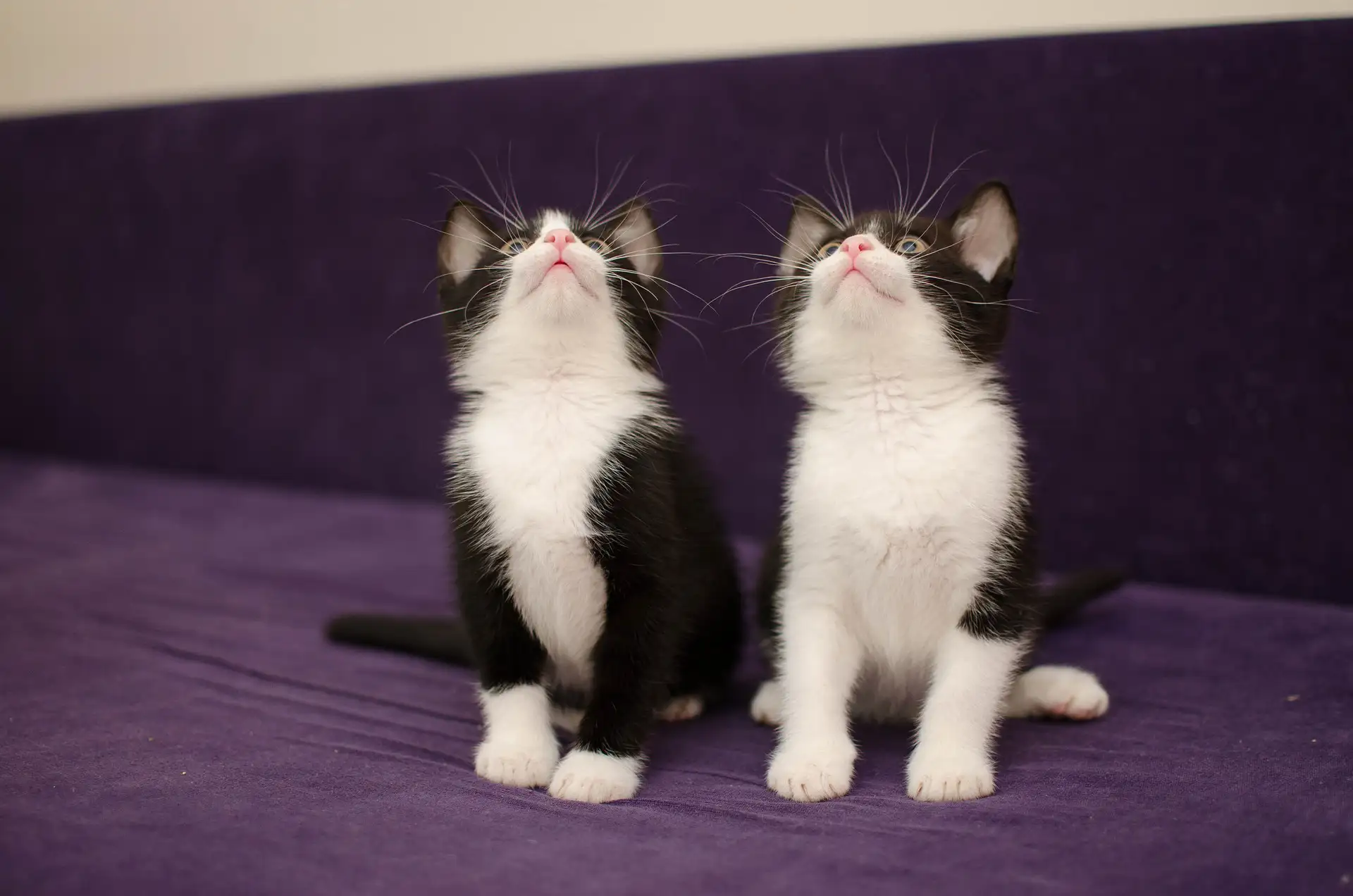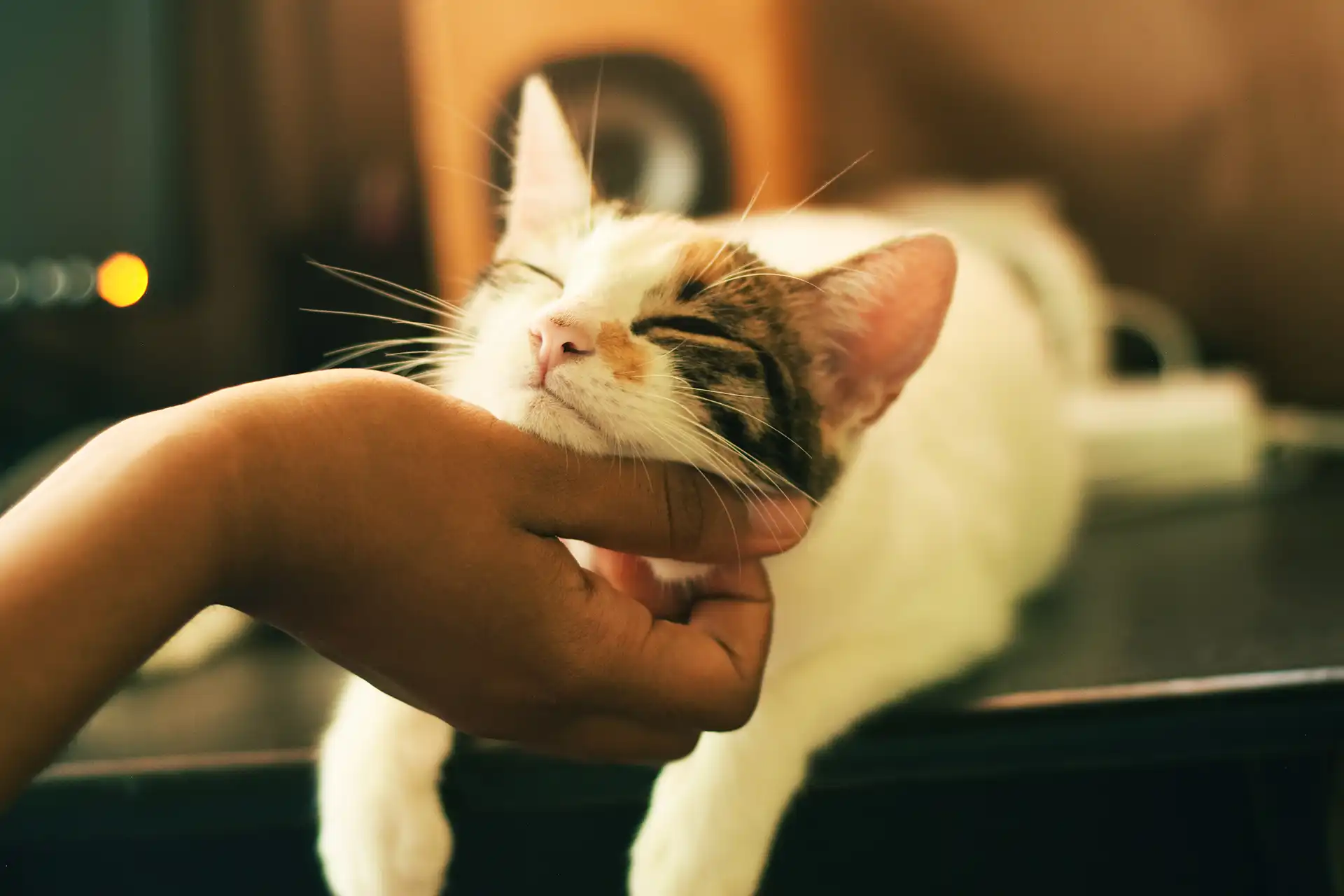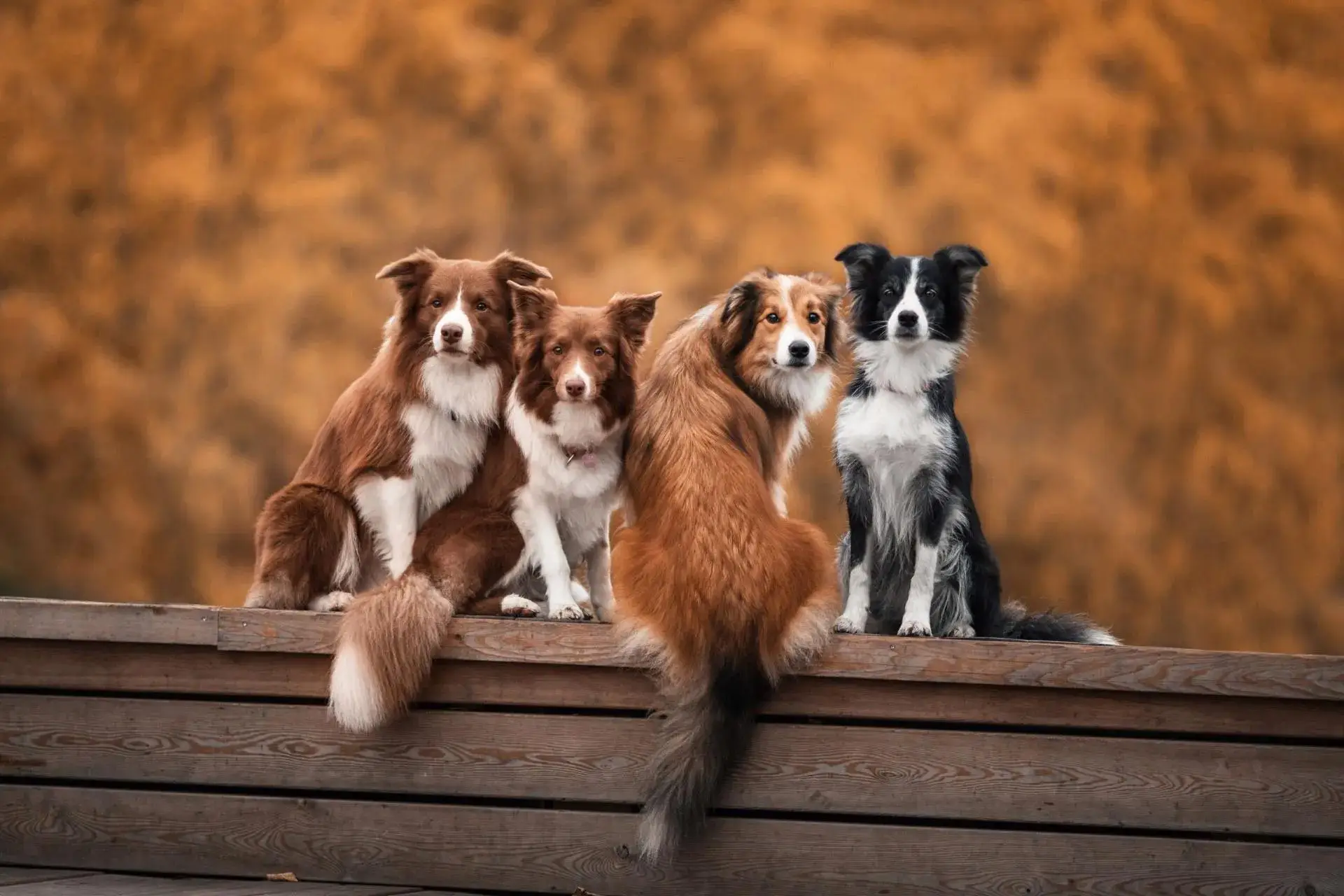Easter Safety for Pets
Easter is just around the corner. This year, it falls on April 21st. Many of us are looking forward to celebrating the spring holiday and welcoming the return of warmer weather. Just be sure to keep your pet’s health and safety in mind. This is a dangerous time of year for our furry pals! Read on for some Easter safety tips from a Burlington, ON vet.
Food
Are you having a big holiday dinner? If so, your furry buddy will probably want to partake. Unfortunately, many popular people foods are toxic for pets. Never give Fido or Fluffy anything that contains garlic, onions, scallions, or chives; nuts, especially macadamia nuts; grapes, currants, or raisins; alcohol; caffeine; or xylitol, which is found in many processed foods. Meat on the bone is unsafe, as are pitted fruits and raw meat, dough, and yeast. Fatty meats, like ham, are on also the no-no list: they can cause pancreatitis, which is a very dangerous condition.
Chocolate/Sweets
Chocolate Easter bunnies are a very popular—and delicious—part of many Easter celebrations. However, don’t share these sweet treats with pets. Chocolate is toxic to both dogs and cats, and can even be fatal in large doses. Smaller treats, such as hard candies, are also dangerous. Not only are many of them choking hazards, but they often contain nuts and/or xylitol, which are also unsafe. Candy wrappers also present choking dangers to playful pets.
Decorations
The plastic ‘grass’ from Easter baskets can be quite tempting to playful pets. This can be extremely dangerous if swallowed. Those colorful plastic eggs are another concern. They can splinter and break, which makes them a choking hazard. They can also cause serious internal injuries if ingested.
Bouquets
Bouquets make beautiful centerpieces, and bring a much-welcomed pop of color after a long winter. Keep those pretty flower arrangements out of paws’ reach, though. Spring bouquets often include tulips and lilies, which are toxic to pets. In fact, eating just part of a lily can make a cat very sick!
Eggs
Eggs should also be kept away from pets. Raw eggs may contain the bacteria which causes salmonella. Food coloring is another possible hazard. If you host an Easter egg hunt, make sure to collect all the eggs, so your pet doesn’t eat them.
Please reach out to us, your Burlington, ON vet clinic, anytime. We’re here to help!




